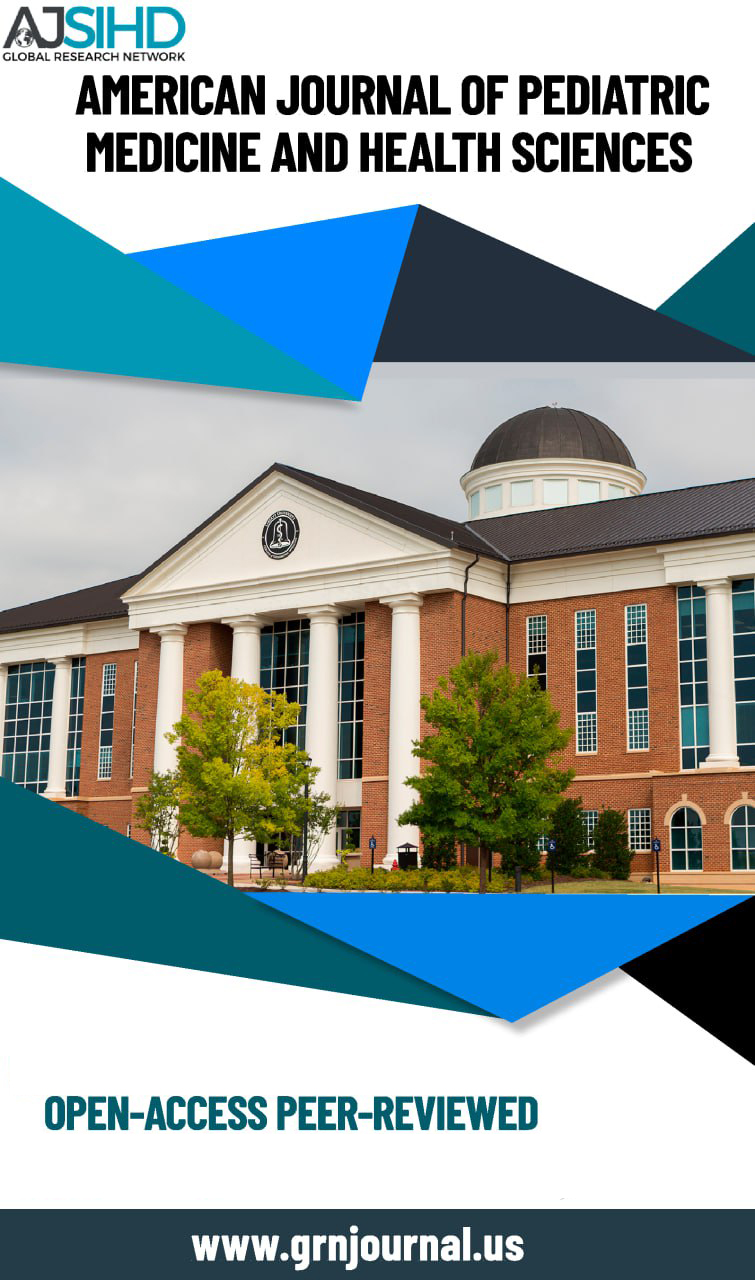Examining Perspectives and Experiences of Health Promotion Specialists Concerning Mass Media Distortion of Health Promotion Matters
Keywords:
health promotion and mass media, health promotion messages, health promotion activitiesAbstract
Introduction:
This research delves into the convergence of health promotion and mass media, specifically examining the possible distortion of health messages during transmission. An area of concern is the potential impacts of the media's agenda in terms of accurate dissemination of health promotion messages. While mass media serves as a potent means for swiftly disseminating messages, the challenges posed by the "third party" syndrome can hinder the effectiveness of health programs conveyed through these channels. The escalating prevalence of health information transmitted through social media has also emerged as a pressing public health issue. Interestingly, there is little or no research on the use of this technology in sharing health messages and the inherent consequences for the various users.
Aims: The primary aim is to investigate the experiences of health promotion specialists in England, emphasizing the relevance of mass media in health promotion activities, evaluating its potentials, and identifying strategies to minimize issues related to message mediation. Methods: A cross-sectional survey design was employed, ensuring a representative sample of health promotion specialists. The study achieved a high response rate of 82%, and the data analysis involved a systematic comparison of independent variables (health promotion and media activities) and dependent variables (distortion, oversimplification, and sensationalization). Results: The study indicates that 97% of health promotion specialists use mass media for their work, with newspapers (51%) showing a higher preference than radio (31%) and television (18%). The media is extensively utilized for raising awareness (94%) and reinforcing existing health knowledge (63%). However, 91% believe that media is not effective in promoting behavioral changes. Conclusion: While health promotion specialists heavily rely on mass media, concerns about distortion, oversimplification, and sensationalization persist. News and current affairs formats are commonly used, but their inherent characteristics may contribute to problems in conveying health messages accurately. The study highlights the need for cautious use of media language and emphasizes the importance of planned events in minimizing potential distortions. Recommendations: The findings suggest a need for enhanced collaboration and training between health promotion specialists and the media. Strategies to minimize distortion should include adopting purposeful media formats, utilizing behavioral change models, and fostering partnerships between communication departments and health promotion authorities. The study encourages a more nuanced approach to media training and the implementation of healthy public policies to facilitate effective collaboration and address the challenges identified.







